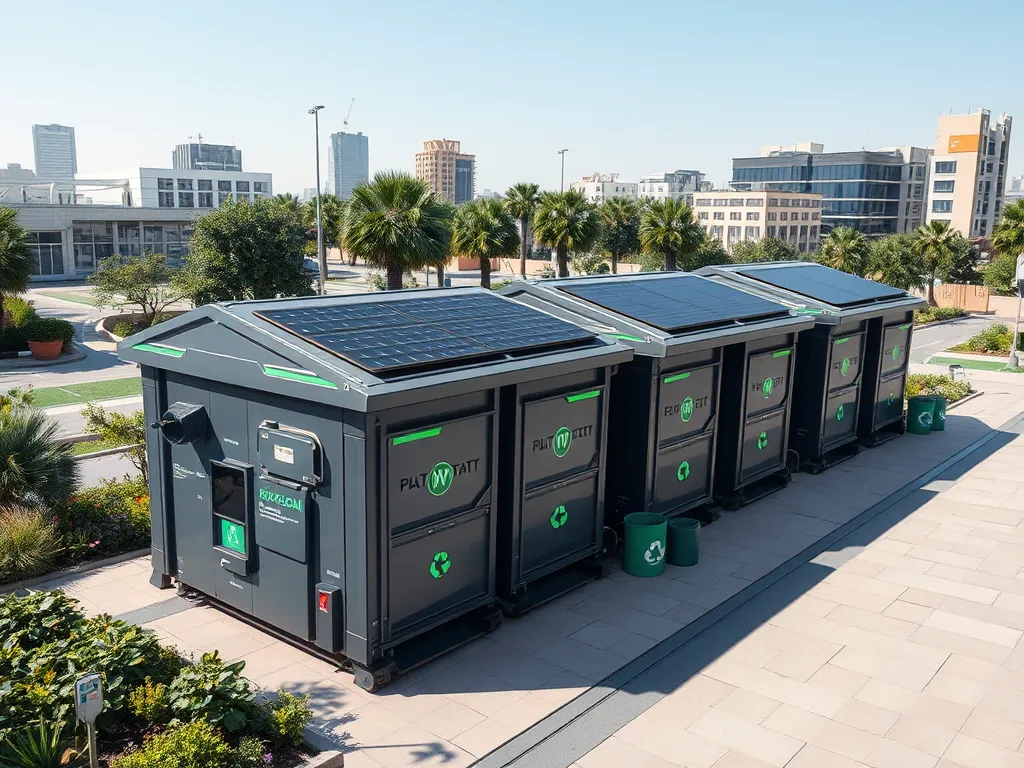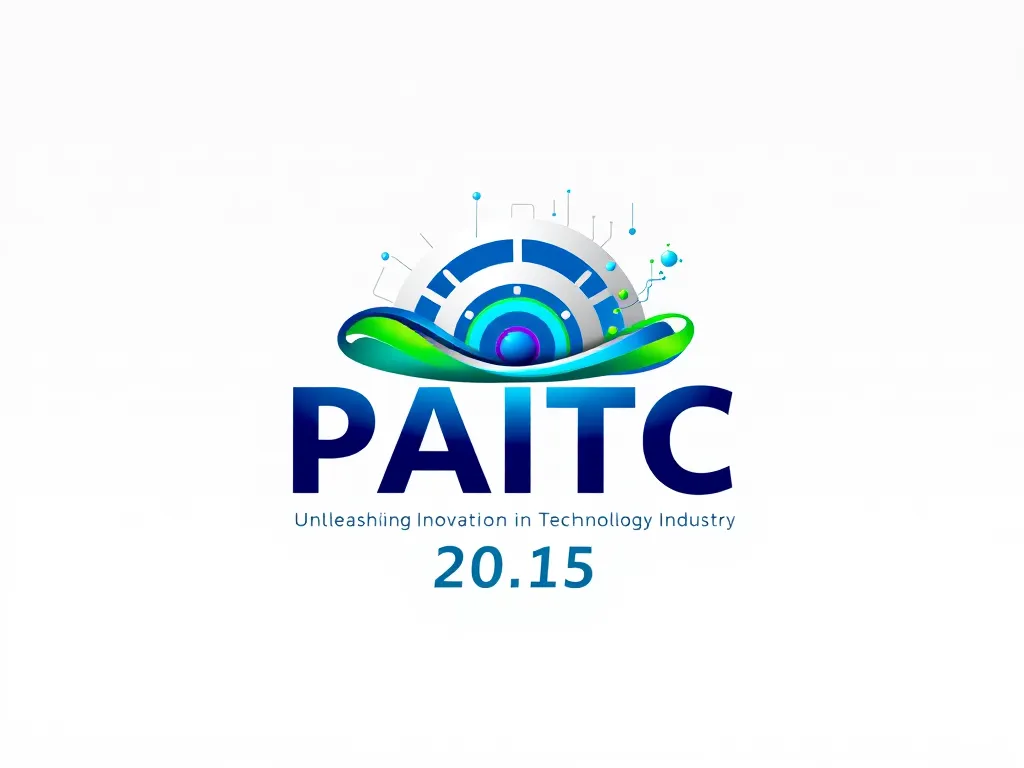Revolutionary Innovations in Dumpster Rental & Waste Removal

Innovations in Dumpster Rental and Waste Removal Technology
Innovations in dumpster rental and waste removal technology have significantly transformed the way we manage waste in urban and suburban areas. With a growing population and increased focus on sustainability, the demand for efficient waste management solutions has never been higher. As a result, the industry has witnessed various advancements aimed at improving service delivery and environmental impact.
These innovations encompass a range of technologies, including smart dumpster systems equipped with IoT capabilities, eco-friendly alternatives to traditional waste management practices, and automated solutions that enhance operational efficiency. By integrating modern technology and sustainability practices, the dumpster rental and waste removal sector continues to evolve, promising a greener and more organized future.
Among the key advancements are mobile applications that simplify the booking process for customers and provide real-time tracking of waste collection services. Additionally, data analytics has become crucial in optimizing routes for waste trucks, minimizing fuel consumption, and reducing greenhouse gas emissions. As more companies adopt these innovations, the efficiency and reliability of waste management services continue to improve, benefiting both customers and the environment.
This article will delve into the various innovations within dumpster rental and waste removal technology, focusing on smart solutions, eco-friendly practices, automated systems, mobile applications, and sustainability efforts all contributing to a more effective waste management ecosystem.
For environmentally conscious projects, consider Eco-Friendly Dumpster Rentals for Waste Management Toronto to ensure sustainable waste disposal.
By embracing these innovations, the industry not only enhances its operational efficiency but also plays a vital role in fostering a sustainable environment for future generations.
Smart Dumpster Technology
Smart dumpster technology represents a significant shift in waste management practices through the integration of IoT-enabled dumpsters that offer real-time monitoring. These smart dumpsters provide data on fill levels, allowing waste management companies to optimize their collection schedules. By having insights into when a dumpster is nearing capacity, companies can reduce unnecessary pickups and streamline operations, leading to cost savings and decreased environmental impact.
Smart sensors play a critical role by tracking fill levels, sending alerts when a dumpster is full. This ensures timely collections and prevents overflow situations, which can lead to litter and additional environmental concerns. With such technology, garbage collection becomes proactive rather than reactive, improving the overall cleanliness of communities.
Mobile applications enhance customer interaction by offering features for booking and tracking services. Customers can easily reserve dumpsters, monitor collection times, and communicate any issues they may face. This accessibility helps improve customer satisfaction and engagement, essential components for service-oriented industries.
Data analytics is crucial for optimizing waste collection routes, reducing unnecessary travel distances, and improving fuel efficiency in waste haulers. By analyzing the collected data from smart dumpsters, companies can adapt their routes based on real-time demand, resulting in lower operational costs and reduced carbon footprints.
Eco-Friendly Waste Removal Solutions
In the pursuit of sustainability, biodegradable dumpster liners represent an innovative approach to reducing plastic waste in the waste management process. These liners decompose naturally, minimizing the environmental impact associated with traditional liners and promoting a more sustainable waste removal system.
Electric and hybrid waste trucks are another significant eco-friendly innovation in the industry. By transitioning away from fossil-fuel-powered trucks, companies can reduce their carbon emissions and contribute to cleaner air in urban areas. This shift aligns with global efforts to combat climate change and encourages cleaner cities.
Moreover, innovations in recycling and composting techniques have led to more efficient waste sorting processes, enabling higher rates of waste diversion from landfills. By implementing advanced sorting technologies, waste management firms can recover valuable materials and compost organic waste, promoting a circular economy.
Partnerships with environmental organizations further enhance the eco-friendly initiatives in waste management. Collaborating with nonprofits fosters awareness, education, and community programs focused on sustainable practices, further integrating waste management solutions into the broader goal of environmental protection.
Automated Waste Management Systems
Robotic waste sorting technologies bring automation to the forefront of waste management. These robots can efficiently separate recyclables from general waste, reducing the dependency on manual labor while improving sorting accuracy. The implementation of robots not only speeds up the process but also enhances recycling rates.
Automatic pickup and drop-off systems are designed to streamline the process of waste collection significantly. These systems can allow for scheduled pickups on an automated basis, ensuring consistent service delivery and reducing operational disruptions in the waste management cycle.
Artificial intelligence (AI) is being harnessed for efficiency in waste management through predictive analytics and machine learning. AI can analyze vast amounts of data to forecast waste generation patterns, allowing companies to adjust their services accordingly and optimize resource allocation.
The benefits of automation extend to labor reduction, creating opportunities for redeploying workers to focus on more strategic roles within waste management organizations while ensuring operational efficiency. Automation ultimately leads to increased productivity and cost savings for waste management providers.
Mobile Applications and User Experience
User-friendly platforms for rental services enhance the customer experience by simplifying the process of renting dumpsters. These applications feature intuitive designs that cater to various user needs, making it easier for customers to access services and find the right solutions for their waste disposal requirements.
The integration of payment solutions within mobile applications streamlines transactions, allowing customers to effortlessly pay for services through their smartphones. This convenience is essential in today’s fast-paced world, where consumers value quick and efficient service experiences.
Customer feedback and service tracking features enable users to provide ratings and insights on their experiences. This feedback loop allows waste management providers to improve their offerings continually and address any service-related concerns promptly.
Innovations in customer relationship management (CRM) help waste management companies build lasting relationships with clients. By leveraging technology to analyze customer interactions, companies can develop personalized service offerings that cater to individual customer needs, leading to higher customer retention and satisfaction rates.
Sustainability in Waste Management
Zero waste initiatives in dumpster rental focus on reducing waste generation and promoting responsible disposal habits. This approach encourages customers to limit the waste produced and maximize recycling efforts, ultimately leading to a more sustainable relationship with consumption and waste disposal.
Environmental impact assessments help waste management firms monitor their sustainability efforts, allowing them to identify areas for improvement. These assessments ensure that companies remain accountable for their environmental performance and can adapt their strategies to minimize their ecological footprints.
Life cycle analysis of waste removal logistics evaluates the environmental impact of waste management services from inception to disposal. By understanding the full scope of their operations, companies can implement more sustainable practices and make informed decisions to reduce environmental harm.
Community engagement in sustainable practices fosters a culture of environmental consciousness among residents and businesses. By involving the community in education and initiatives aimed at promoting waste reduction and recycling, waste management firms can enhance their impact and encourage collective action toward sustainability.
